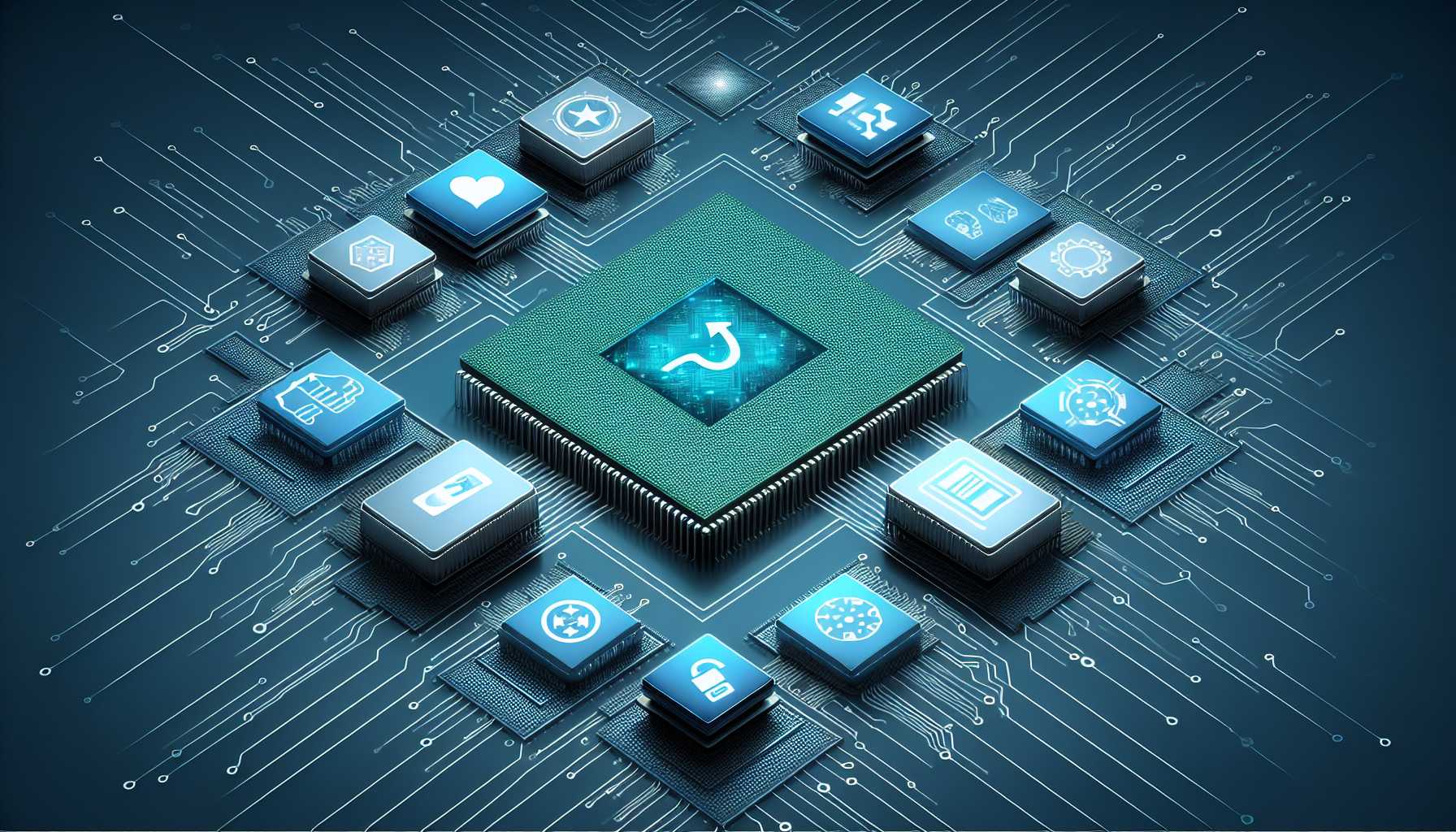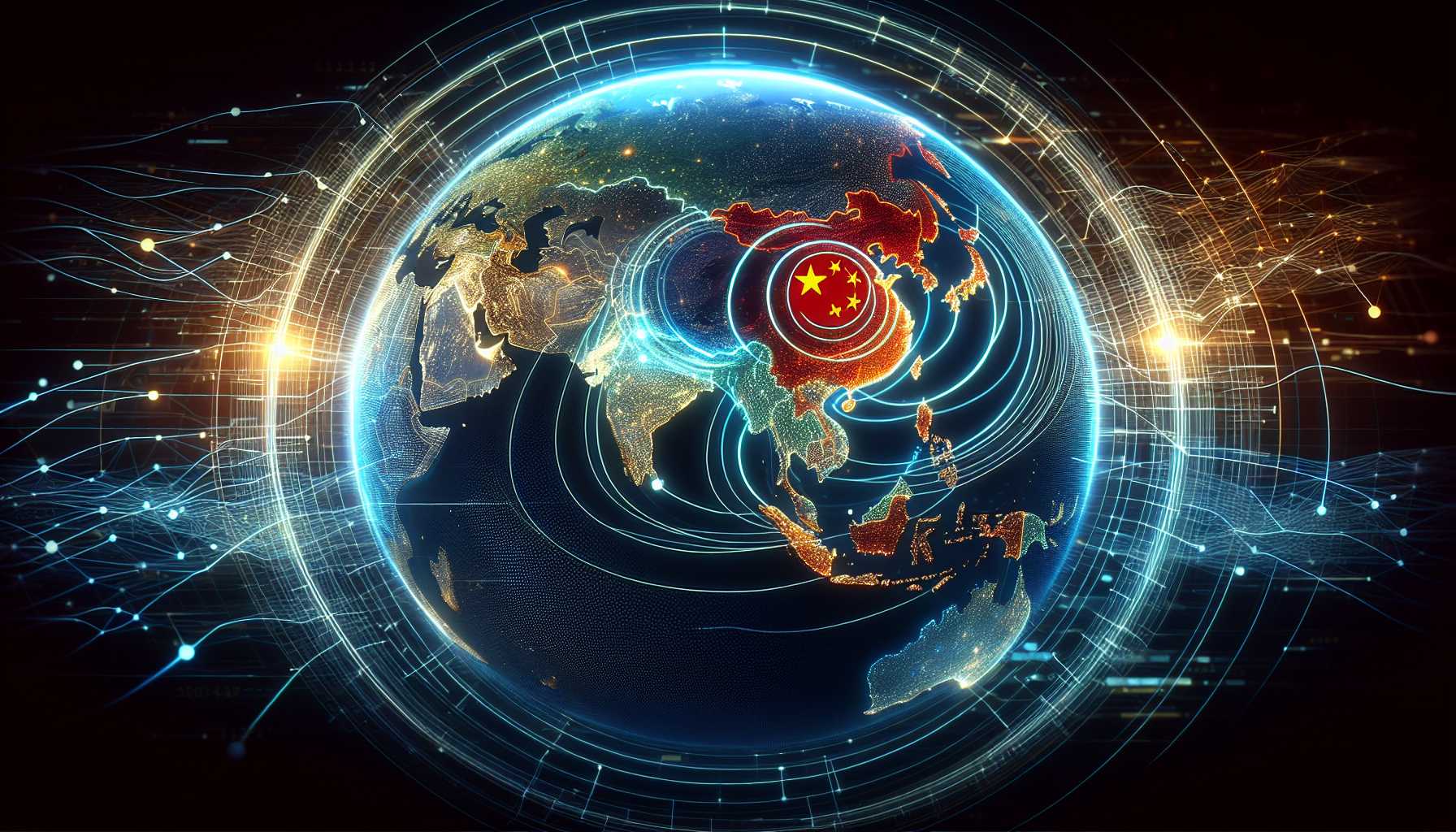The Great Chip Wall of China: Bidding Adieu to Intel and AMD
As reported by Reuters, the Middle Kingdom has laid down guidelines that set in motion a significant pivot towards homegrown processors in government PCs and servers. A retirement party for Microsoft’s Windows OS and non-native database software is also on the cards, revealing China’s intent to promenade with domestically-developed dance partners. Such a grand narrative isn’t just a market shake-up; it represents a tectonic shift in the global power dynamic of technology. Intel and AMD have long been titans in the CPU empire, but the dragon of China is awakening its innovation to forge its independent arsenal. The Financial Times details how criteria for governmental tech acquisitions now necessitate “safe and reliable” – politico-tech parlance for equipment that one can trust with the keys to the kingdom.
Curating a Home-Grown Tech Ecosystem: The Quest for ‘Safe and Reliable’
Official lists of CPUs, operating systems, and centralized databases endorsed as “safe and reliable” are out, naming exclusively Chinese companies. This endorsement from China’s industry ministry is not a fleeting crown; it holds validity for a trio of years post-publication. Despite requests from media channels such as Reuters, reactions from concerned parties like the State Council Information Office, Intel, and AMD have been akin to a silent disco – no immediate comment. As a tech investor and pundit, I interpret this silence as the calm before the storm. For these American giants, the Chinese market has been a feast, but the doors are closing, and the industry must adapt or starve.
American Chips on the Global Board: The CHIPS and Science Act
The United States isn’t playing checkers while everyone else is playing chess. The Biden administration, with an eye on the global semiconductor theater, passed the 2022 CHIPS and Science Act. The aim? To bolster domestic semiconductor prowess and trim the reliance on far-eastern competitors. This isn’t merely about putting more chips on the table; it’s about strategic superiority and economic sovereignty. With the financial aid showered upon American soil for the production of advanced chips, Uncle Sam is sewing seeds in his own backyard, hoping for a fruitful harvest in the semiconductors’ battleground.
The Ripple Effect: Global Tech Implications
Now, this move might seem like another chapter in a governmental policy booklet, but let’s expand on the narrative thread. As someone entrenched in the tech industry’s daily drumbeat, I envision a cascade of consequences. The silencing of the usual suspects – foreign tech suppliers – in the vast government-consumed tech landscape of China may lead to a mushrooming of indigenous innovation, creating a hotbed for new global players in hardware and software alike. For the titans of Silicon Valley and beyond, it’s a rallying cry – the battle for tech dominance is far from over, and the game is evolving or perhaps, rebooting.
Geek Speak: Deciphering the Technical Jargon
Let’s get technical, shall we? When we talk about processors, we’re peering into the brain of your computer, where the magic of multitasking and computational wizardry happens. The CPU or Central Processing Unit is essentially the maestro, conducting an electronic symphony of tasks. Operating systems are like the wise old sage of your device, providing the environment and the laws to govern the computational cosmos within. For databases, think of them as the expansive libraries of yore, a repository of knowledge and secrets, except in a more digital and, hopefully, less dusty counterpart. What China is proposing isn’t just a swap of guardians for these high-tech vaults. It’s a foundational restructuring, a renaissance of their tech infrastructure.
Parting Thoughts: From a Tech Connoisseur’s Perspective
This isn’t just a story about one nation’s pivot to tech autonomy. It’s a bellwether for the existing economic and political world order, a harbinger of a new epoch where countries seek to draft their own digital fates. As a tech leader with an itch for writing, I’ve spun many tales, but this one? It’s brimming with plots and subplots, protagonists and potential usurpers. As a sprawling narrative of tech hegemony unfolds, eyes will remain glued to China’s chess moves, and ears perked for Silicon Valley’s counter-melody. For enthusiasts and professionals alike who traipse through the tech terrain, these developments are no less than a blockbuster saga, and as always, we will be watching – analyzing, critiquing, and more importantly, learning from the engineering epic sprawled before us.





